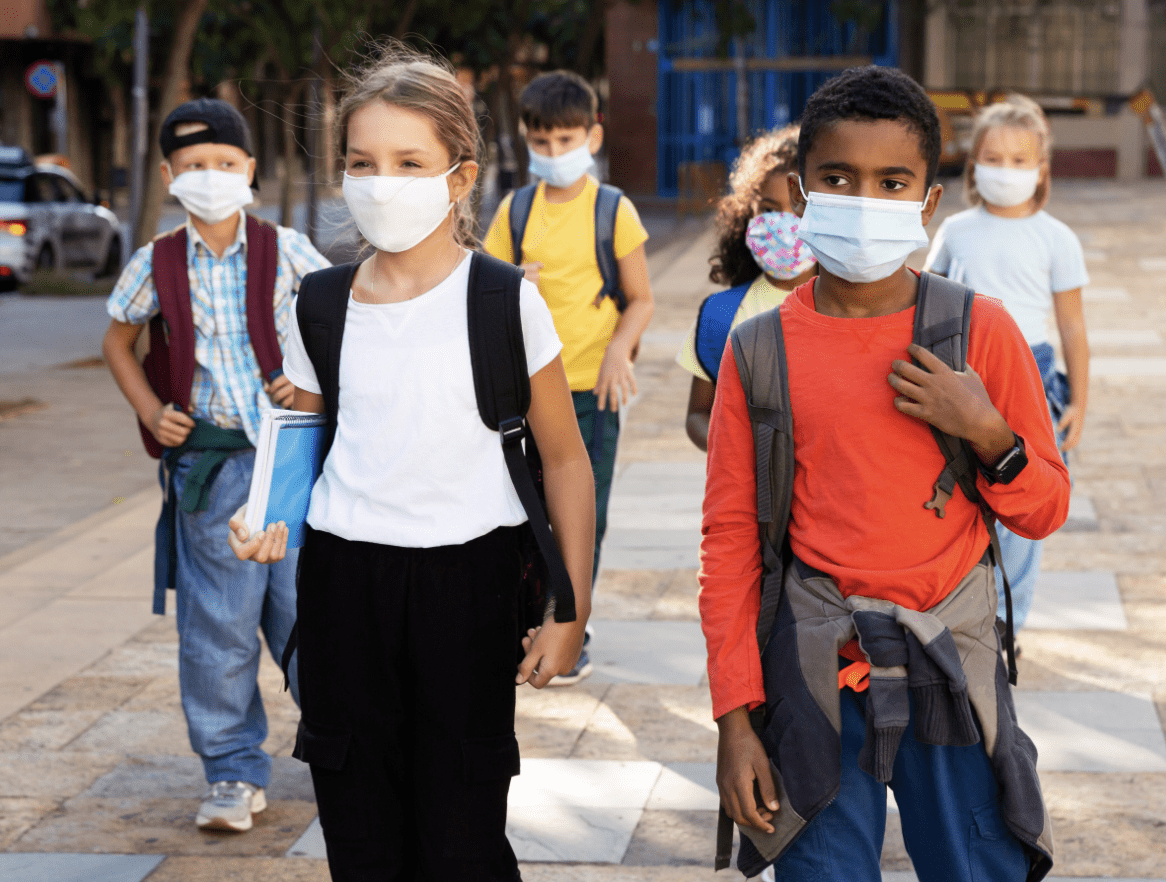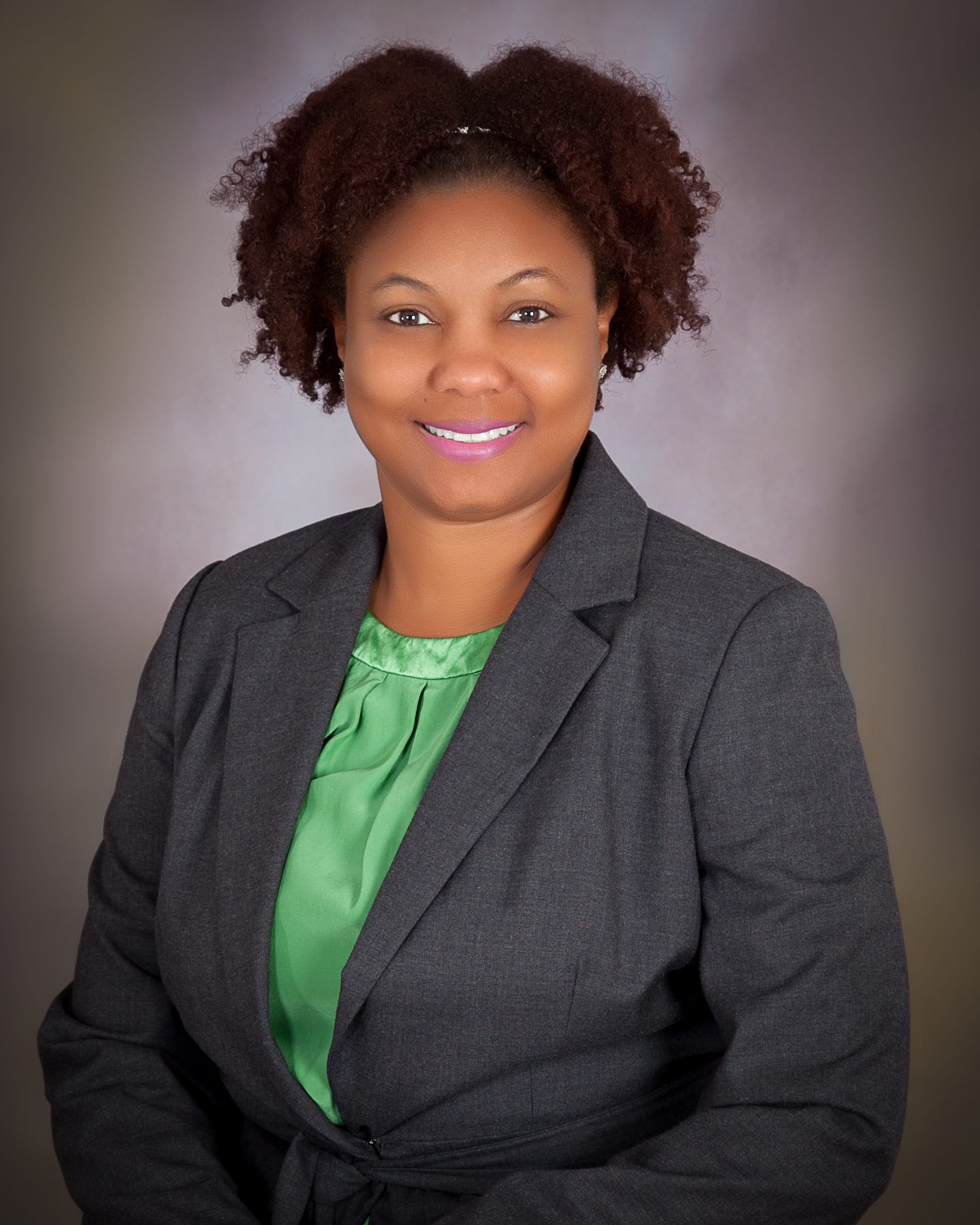 As we bypass the anniversary of the COVID 19 pandemic, a time of reflection is in order. The year 2020 has been a lesson for all of us. The pandemic has been a life changing experience. In all these changes, let us not forget about our children. The isolation, worry and fear has affected all of us. While this occurred, our children watched. There was no preparation on March 16, 2020 when everyone’s world came to a halt. Schools closed abruptly. Nonessential establishments closed or offered limited access. For the first time we were all collectively impacted by change. As an adult it was difficult to comprehend. For a moment, let’s stop to think about how our children were affected.
As we bypass the anniversary of the COVID 19 pandemic, a time of reflection is in order. The year 2020 has been a lesson for all of us. The pandemic has been a life changing experience. In all these changes, let us not forget about our children. The isolation, worry and fear has affected all of us. While this occurred, our children watched. There was no preparation on March 16, 2020 when everyone’s world came to a halt. Schools closed abruptly. Nonessential establishments closed or offered limited access. For the first time we were all collectively impacted by change. As an adult it was difficult to comprehend. For a moment, let’s stop to think about how our children were affected.
What happened when children were suddenly removed from life as they knew it? Their community of friends, extracurricular activities and sports were abruptly taken away. They watched as some parents lost jobs while others worked feverishly as essential workers. They overheard conversations about hospitals and death, while grieving the loss of family and friends. The pandemic forced a change upon all of us regardless of age, gender, social status or financial status. It forced many adults to reassess their lives and focus more on self care.
Kids are resilient but they have been impacted as well. Many have internalized all that they have observed during the pandemic. The result has been depression, behavior problems and anxiety. It is difficult to put into words what one has experienced. Children have suffered loss that should not be trivialized. Their thoughts and feelings matter. They hear our fears and feel our pain. Nonverbal communication speaks volumes. Sometimes the impact manifests as physical symptoms such as a headache or stomachache. Other times, it’s masked by smiling while hurting silently. A change in behavior or new attitude may be a coverup for unresolved feelings.
We must be sensitive to children’s needs and struggles while dealing with our own. Encourage open communication. Restore hope when there may appear to be none. Remind them often that you care. Virtual learning and in person schooling can both be challenging. Everyone learns differently and the transition may be difficult for some children. Don’t be too quick to assume that everything is okay. When addressing problem behaviors, be sure to focus on the root cause especially if it is a recent change. By being sensitive to their needs, we show that we care and love them. Show our children that they matter and have not been forgotten.
About the Author
 Nicole Kerley-McGuire, M.D., FAAP is a native of New Orleans that currently resides in Houma, La. where she is a pediatrician practicing community medicine. Her focus is on improving the lives of the children in her community. She is the facilitator of the Bayou Region Baby Cafe which offers free breastfeeding support. When not working, she enjoys spending time with her family, reading and traveling.
Nicole Kerley-McGuire, M.D., FAAP is a native of New Orleans that currently resides in Houma, La. where she is a pediatrician practicing community medicine. Her focus is on improving the lives of the children in her community. She is the facilitator of the Bayou Region Baby Cafe which offers free breastfeeding support. When not working, she enjoys spending time with her family, reading and traveling.
















